India-China ties show signs of thaw as Beijing’s foreign minister to visit New Delhi ahead of Modi trip
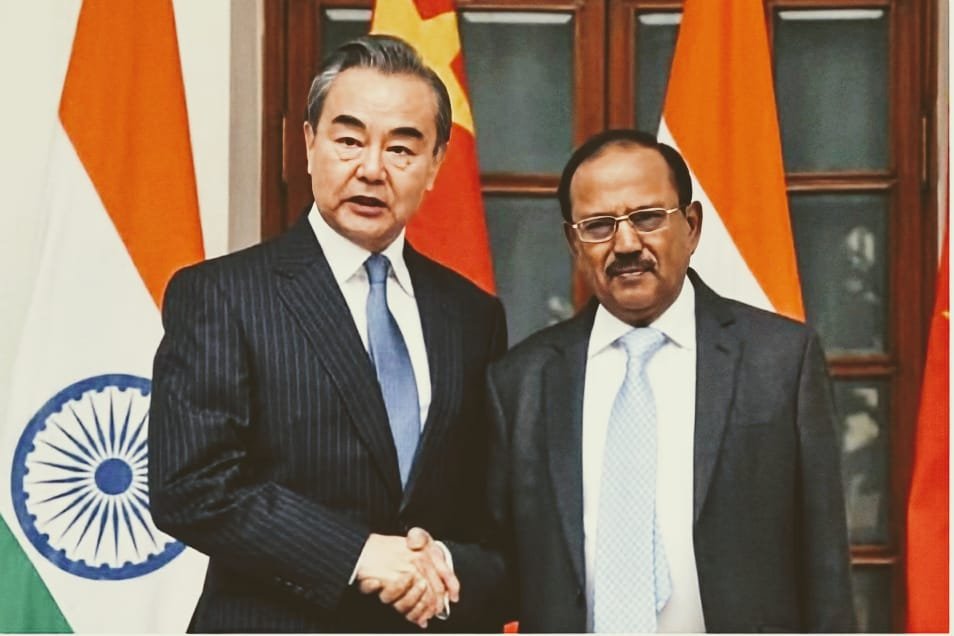
India and China appear to be moving towards a cautious rapprochement, with Chinese Foreign Minister Wang Yi expected to arrive in New Delhi next week for talks with India’s National Security Adviser Ajit Doval, diplomatic sources told Press . The visit comes ahead of Indian Prime Minister Narendra Modi’s planned trip to Beijing later this month – his first since the deadly Galwan Valley clashes in 2020 plunged bilateral relations into their lowest point in decades. According to officials, Wang’s visit will focus on building on recent high-level engagements between the two Asian giants. In July, Indian External Affairs Minister S Jaishankar travelled to China to attend the Shanghai Cooperation Organisation (SCO) meeting, where he met Chinese President Xi Jinping and Vice President Han Zheng. Indian Defence Minister Rajnath Singh also held talks in Beijing with his counterpart, Admiral Dong Jun. During his meetings, Jaishankar stressed the need for “mutual cooperation and open dialogue” between the two neighbours in an “increasingly turbulent world” – a reference to conflicts such as the Russia-Ukraine war and the Iran-Israel confrontation, both of which have heightened global instability. Relations between India and China were further strained by the COVID-19 pandemic in 2020, which halted direct flights, Kailash Mansarovar pilgrimages, and visa issuance. The Galwan clashes later that year left 20 Indian soldiers and at least four Chinese troops dead, prompting a series of tense military-level negotiations. Signs of improvement have emerged in recent months. China has given the green light for the resumption of the Kailash Mansarovar Yatra, while India announced last month that Chinese citizens will once again be eligible for tourist visas. Direct flights between the two countries are also set to resume next month for the first time in over four years. Analysts say Beijing’s outreach reflects a strategic recalibration. “China is looking to stabilise relations with India amid a complex geopolitical environment and economic headwinds,” said one foreign policy expert in New Delhi. The move also comes as Beijing publicly backed New Delhi in opposing recent US tariff hikes imposed by President Donald Trump. Prime Minister Modi is scheduled to attend the SCO summit in Tianjin from August 31 to September 1. Observers say the visit could be pivotal in resetting ties, but both sides remain wary, given the unresolved border disputes. For now, Wang Yi’s trip to New Delhi will serve as a litmus test for whether the world’s two most populous countries can move from a tentative thaw towards genuine reconciliation.
Kolkata delivery worker dies in Salt Lake crash and fire
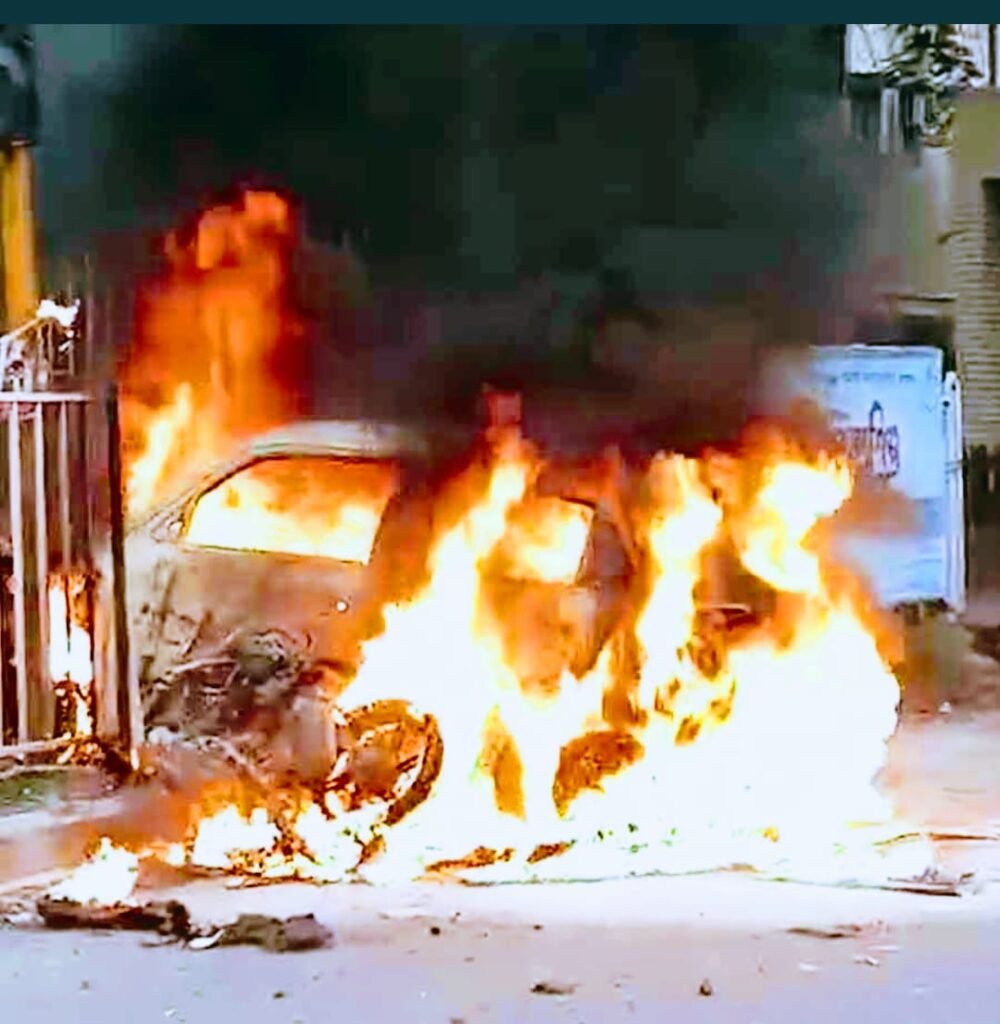
A delivery worker has died in Kolkata after being trapped between a burning car and a roadside railing, sparking angry protests and clashes with police. The incident happened on Wednesday evening near the No. 8 bridge between Kestopur and Salt Lake. Police say a four-wheeler collided with a courier service vehicle, lost control and crashed into the railing. Moments later, the car exploded and caught fire. Eyewitnesses told local media that the delivery worker, who had stopped his motorbike nearby, became wedged between the railing and the car. While the car’s occupants were rescued, the worker could not be freed and died at the scene. Two others were injured, one critically, and have been taken to hospital. The fire brigade said it received a call at around 17:40 local time and sent two engines to extinguish the blaze before retrieving the victim’s body. Shortly after the accident, local residents surrounded police officers, accusing them of standing by and recording videos instead of trying to rescue the man. Some alleged that the driver of the car was under the influence of alcohol. Crowds blocked roads and threw stones at officers. Police responded with tear gas after protesters tried to stop traffic on both sides of the bridge. Stones were thrown from both directions, and the situation resembled a “battlefield”, according to witnesses. A senior police officer rejected accusations of inaction, saying trapped passengers had been rescued and taken to hospital. “We had to use tear gas when protesters tried to block the road,” he said. The cause of the crash remains unclear. Salt Lake East police station is investigating.
Modi May Meet Trump During UN General Assembly Visit
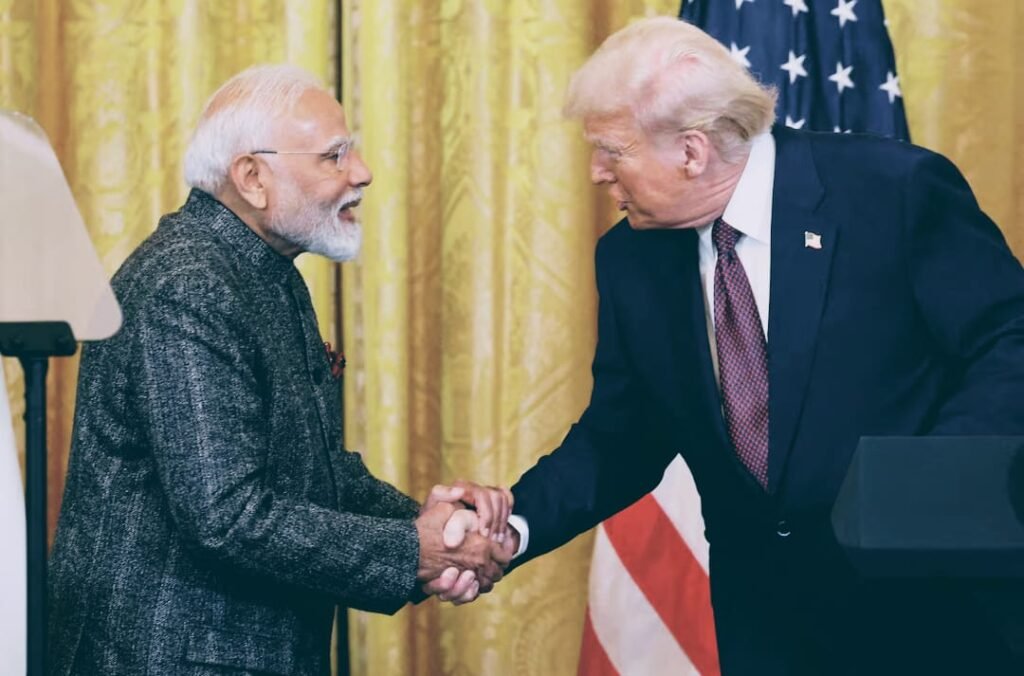
Prime Minister Narendra Modi is likely to meet US President Donald Trump next month during a potential visit to the United States for the United Nations General Assembly (UNGA), the Indian Express reported on Wednesday, citing unnamed sources. India’s Ministry of External Affairs has not confirmed the visit, and a spokesperson did not respond to requests for comment. An Indian official familiar with the planning said no final decision had been made, noting that the provisional list of speakers at the UNGA’s General Debate — which includes Modi on September 26 — is subject to revisions. “The list will go through changes,” the official said. “It has not been decided yet if the Prime Minister will attend.” The 78th session of the UN General Assembly will open on September 9 in New York, with the high-level debate involving heads of state and government scheduled from September 23 to 29. While the official purpose of Modi’s potential visit would be to address the UN gathering, the Indian Express report suggests a key aim would be to hold bilateral talks with Trump. The discussions would likely focus on trade and tariff disputes that have strained relations between New Delhi and Washington over the past year. Tensions rose after the United States withdrew India’s preferential trade status under the Generalized System of Preferences in 2019, citing lack of reciprocal market access. India responded with retaliatory tariffs on certain US goods. While both sides have sought to keep strategic and defence cooperation unaffected, trade remains a sticking point. If the meeting materialises, it would come amid a busy diplomatic season for both leaders. Trump is heading into a re-election campaign, while Modi is keen to project India’s role as a rising global player and maintain strong US ties in the face of China’s growing influence. Modi and Trump last met in Osaka, Japan, on the sidelines of the G20 summit, where they pledged to resolve trade issues “soon.” Whether next month’s UNGA sidelines will offer that breakthrough remains uncertain.
West Bengal Orders All Cinemas to Screen Bengali Films Daily Amid Language Politics
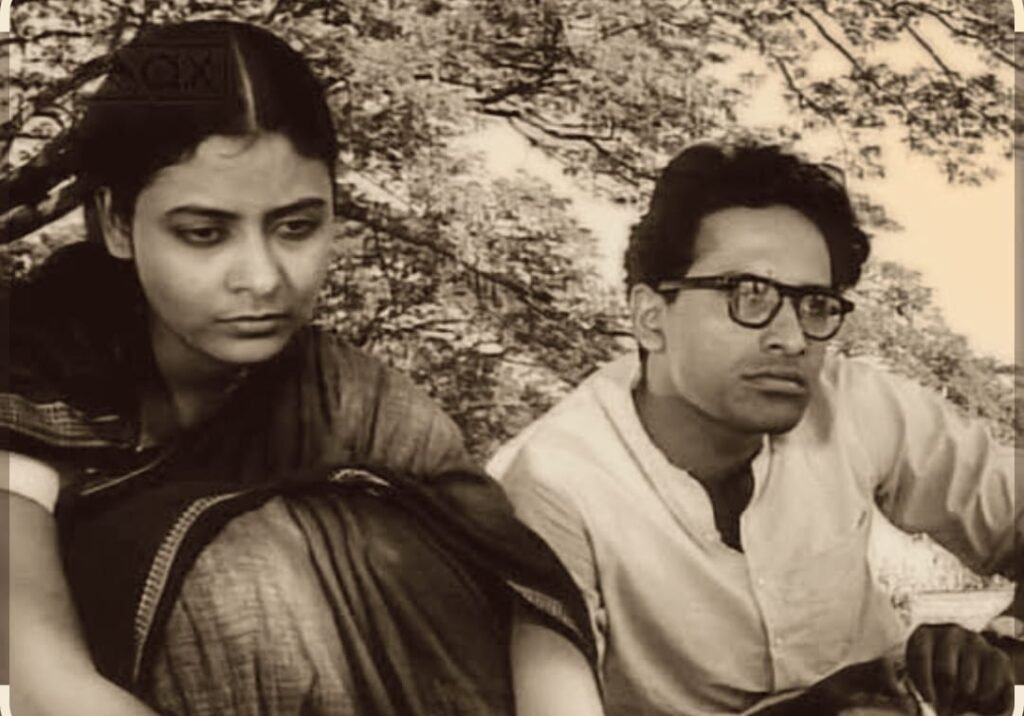
The West Bengal government has made it mandatory for all cinema halls and multiplexes in the state to screen at least one Bengali-language film every day during “prime time,” a move that officials say aims to promote regional culture but which critics view as politically charged. The directive, issued Wednesday by the state’s Information and Cultural Affairs Department, applies to every screen across the state and takes effect immediately. Prime time has been defined as the period between 3 p.m. and 9 p.m., during which cinemas must include a Bengali film in their daily programming, regardless of other releases. “This order is being implemented under the West Bengal Cinemas (Regulation) Act of 1954,” the government said in its notification, adding that amendments to the law will follow. “The directive will remain in force until further notice.” While the state government framed the order as a cultural preservation measure, the announcement comes against a backdrop of growing political confrontation over Bengali identity and language rights in India’s eastern state. Over the past months, Chief Minister Mamata Banerjee and her Trinamool Congress (TMC) party have accused the Bharatiya Janata Party (BJP) – the state’s main opposition – of undermining Bengali culture. The TMC has launched what it calls a “language movement,” holding rallies every Saturday and Sunday to protest alleged discrimination against Bengali-speaking communities in other parts of India. “Bengalis have faced atrocities despite their talent,” Banerjee told a public meeting last week. “We will not tolerate this. From scholars to sportspersons, everyone must resist in their own way and show that Bengal never bows down.” Banerjee has also sharpened her rhetoric against the BJP, accusing it of “collaborating with the British” during India’s freedom struggle – a charge BJP leaders have dismissed as political theatre. The issue has gained traction as incidents of hostility toward Bengali speakers in at least five to seven Indian states have sparked protests in Kolkata and beyond. TMC leaders have linked the cinema directive directly to this broader campaign, framing it as part of a defence of linguistic and cultural rights. This is not the first time Banerjee’s administration has taken steps to enforce the visibility of the Bengali language. Earlier this year, Kolkata’s municipal authorities moved to make Bengali signage mandatory on shops and commercial establishments. While cultural activists have welcomed the cinema order, saying it could boost the struggling Bengali film industry, cinema owners have expressed concerns about commercial viability, especially in multiplexes dominated by Hindi and English blockbusters. With the 2026 state elections on the horizon, analysts say the directive reflects Banerjee’s strategy to mobilise Bengali identity as a political tool against the BJP – a contest that is expected to intensify in the coming months.
Kolkata protesters to ‘reclaim the night’ on 14 August anniversary of RG Kar rape and murder
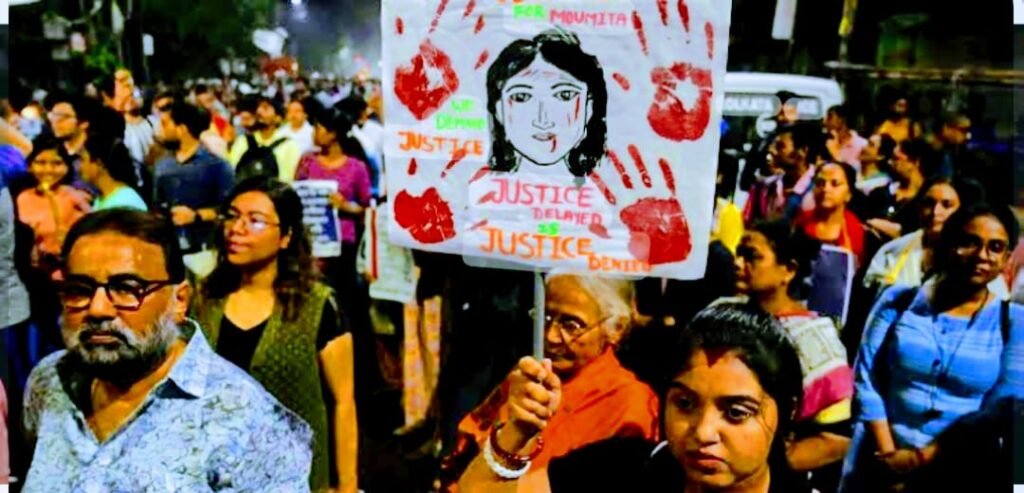
Kolkata, India–Streets in Kolkata and nearby districts are set to fill once again on the night of August 14 as activists, doctors, and citizens mark the first anniversary of the rape and murder of a young trainee doctor at RG Kar Medical College and Hospital. Under the banner Raat Dokhol – or Reclaim the Night – organisers say the demonstrations will run from 9pm on August 14 until dawn on Independence Day, echoing the mass vigils that swept West Bengal last year after the killing. “We will raise our voice for women’s rights and demand justice for our beloved daughter,” said Shatabdi Das, convener of the Raat Dokhol Oikko Mancha, a coalition of rights groups and cultural organisations. “Songs, plays, and films will help carry our message.” The Joint Platform of Doctors (JPD) says vigils will take place in Kolkata, North and South 24 Parganas, Howrah, and Hooghly. “The people will once again reclaim the night and fill the streets with their demand,” said JPD convenor Dr Punyabrata Goon. Left-wing youth groups, including the Students’ Federation of India (SFI) and the Democratic Youth Federation of India (DYFI), have announced sit-ins, marches, and overnight protests. DYFI state secretary Dhrubajyoti Saha said members were prepared to relaunch continuous demonstrations if justice remains elusive. The killing on August 9, 2024, shocked India and sparked criticism of authorities over the investigation. Activists allege the victim’s body was removed without the family’s consent and cremated hastily, fuelling public anger. For organisers, this year’s events are both a memorial and a message: that women’s safety remains a fight waged in the open, and the night belongs to them.
Threat to blow up Puri’s Jagannath temple sparks security concerns
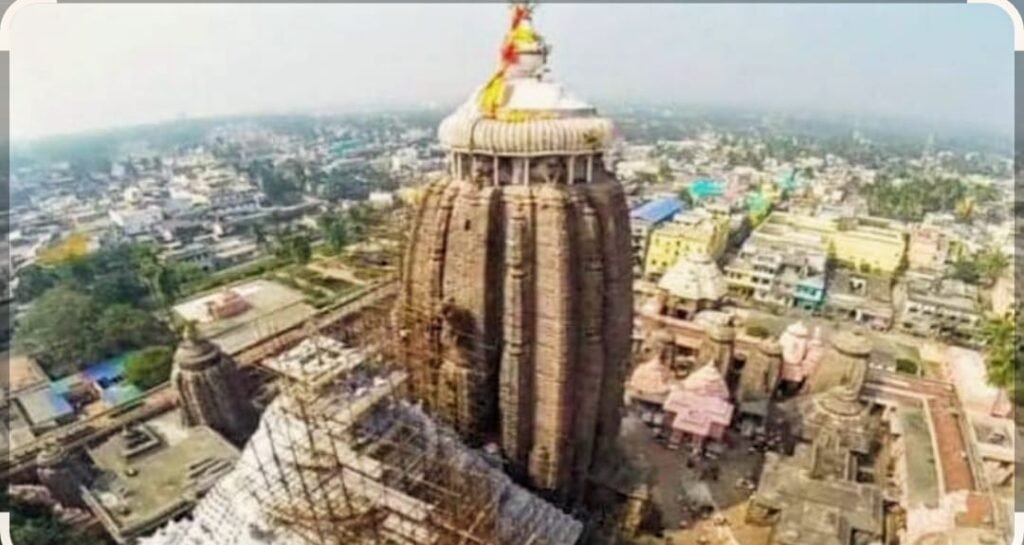
Authorities in the eastern Indian state of Odisha have launched an investigation after a threat to blow up the famed Jagannath temple in Puri was found scrawled on a wall near the shrine, officials and local media said on Tuesday. The message, written in both Odia and English, warned that the centuries-old Hindu temple would be destroyed in a militant attack and included several phone numbers, urging locals to call them. The wall, located close to the high-security temple complex, also showed signs of damage, and several street lights and poles in the area were found broken, local reports said. The incident has raised questions about police vigilance, as the temple and surrounding areas are monitored by CCTV cameras and patrolled regularly by security personnel. “How could such graffiti appear in a high-security zone?” one temple servitor was quoted as saying by local media. The warning comes amid a series of recent incidents that have unsettled some of the temple’s priests and staff, including a disruption during the annual Rath Yatra chariot festival, overcrowding that led to stampede-like situations, and a flag being carried away by an eagle. Police said they were examining CCTV footage and attempting to trace the individuals responsible for the graffiti. “An investigation is under way to identify and apprehend those involved,” a senior officer said. The Jagannath temple, one of Hinduism’s holiest sites, attracts millions of pilgrims and tourists annually, and has been a declared high-security zone for years.
Trump, Zelensky and EU leaders hold talks ahead of Putin summit
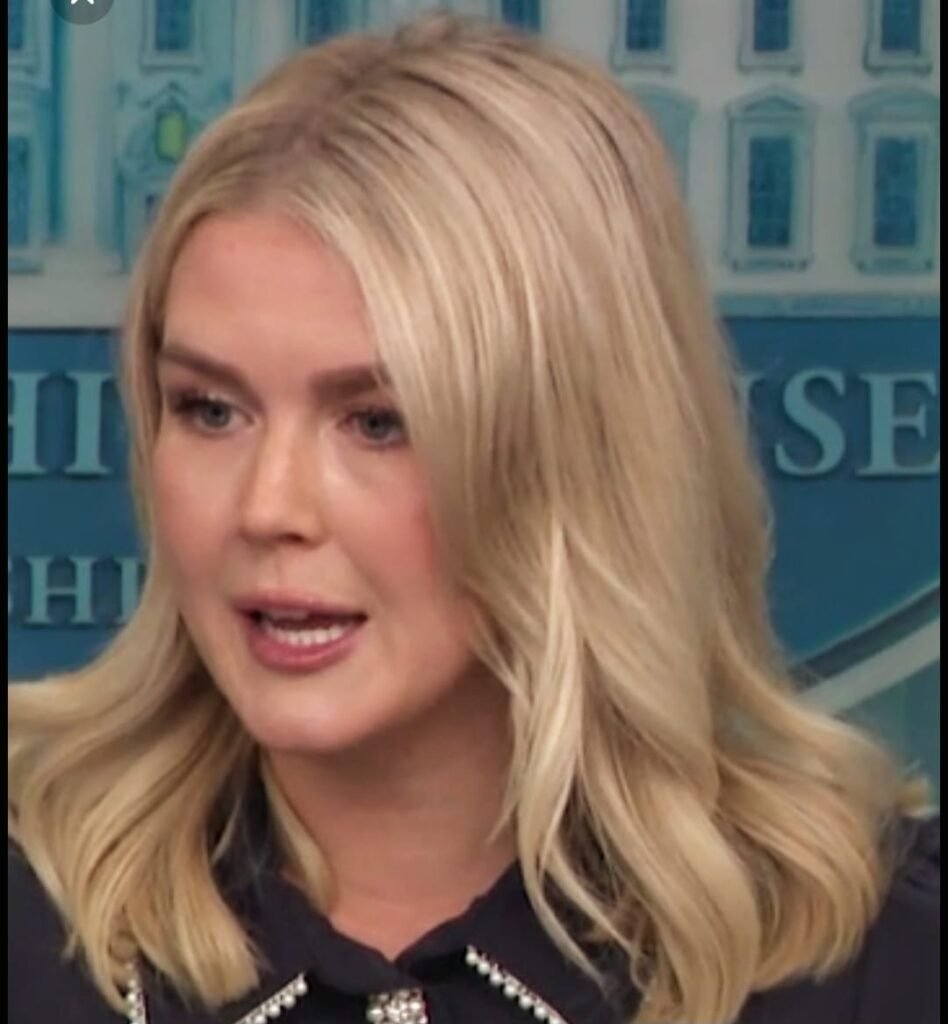
German Chancellor Friedrich Merz hosted an online meeting on Tuesday with U.S. President Donald Trump, Ukrainian President Volodymyr Zelensky and European leaders to discuss the war in Ukraine, ahead of Trump’s planned summit with Russian President Vladimir Putin later this week. Zelensky joined Merz in Berlin for the virtual talks, which the White House described as a “listening exercise,” appearing to play down expectations for any immediate breakthrough in efforts to end the 30-month-old conflict. Trump is scheduled to meet Putin in Anchorage, Alaska, on Friday. Speaking ahead of the summit, Zelensky said Ukraine would not cede territory in the east to Russia, warning that abandoning the Donbas region would embolden Moscow to “start a third war” in the country. Ukrainian officials have said Russia is massing troops for a new offensive, expected to begin by September. In a statement posted on Telegram, Zelensky called on Ukraine’s allies to “put pressure on Russia for an honest peace,” adding that there is “currently no sign that the Russians are preparing to end the war.” “We must learn from the experience of Ukraine and our partners to prevent deception by Russia,” he said. “By working together, Ukraine, the U.S., Europe and other allied nations can definitely force Russia to make peace.” Western leaders have reiterated their support for Kyiv, but diplomatic efforts have so far failed to produce a viable framework for negotiations between Ukraine and Russia.
Trial begins in Dhaka corruption cases against Tulip Siddiq, Sheikh Hasina and family members
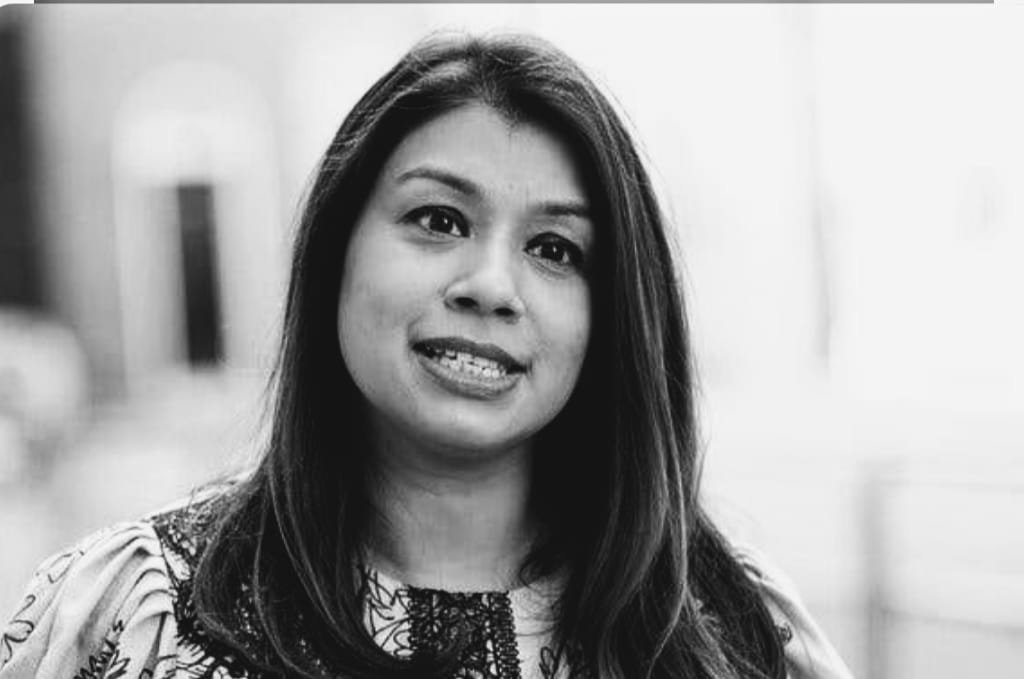
A Dhaka court has begun hearing witness testimony in corruption cases against British MP Tulip Rizwana Siddiq, former Bangladesh prime minister Sheikh Hasina, and several members of her family. The cases relate to alleged irregularities in land allocations in Purbachal New Town, a government housing project near the capital. Alongside Siddiq, the accused include her mother Sheikh Rehana, brother Radwan Mujib Siddiq, and sister Azmira Siddiq Ruponti. On 31 July, two special courts in Dhaka framed charges in six separate corruption cases against Hasina, members of her family, and more than 20 other accused. The Anti-Corruption Commission alleges that the former prime minister and her relatives were unlawfully allotted six plots of 10 kathas each in December, in violation of rules. On 11 August, witness testimony also began in three other cases tied to the same project, in which Hasina, her son Sajeeb Wazed Joy and daughter Saima Wazed Putul are named as defendants. Hasina and her family have been living abroad since she was ousted from power on 5 August 2024 in a mass uprising. Tulip Siddiq, who is the Labour MP for Hampstead and Kilburn in London, has rejected the allegations, calling them “politically motivated”. She said she has not received any formal summons from the Bangladeshi authorities. Both Hasina and Siddiq deny wrongdoing. The US State Department, in its annual human rights report released earlier this week, noted that while rights conditions in Bangladesh had become more stable under Nobel laureate Muhammad Yunus’s interim government, concerns remained, particularly over judicial independence and political freedoms. Bangladesh’s interim government has vowed to ensure accountability for past abuses and corruption, though rights groups have warned that deep institutional reforms will be required to restore long-term stability.
US says Bangladesh rights situation steadier under interim govt, but concerns remain
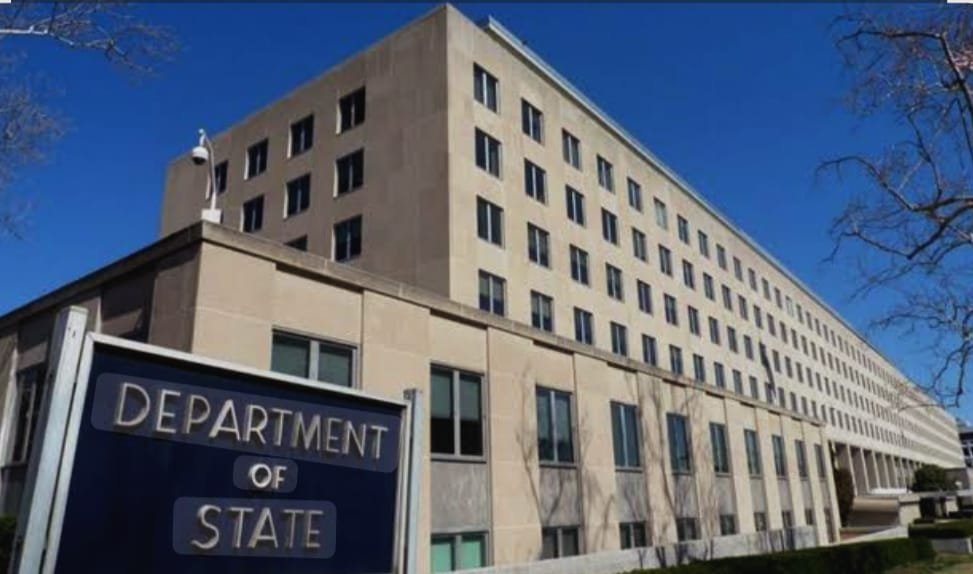
Bangladesh’s human rights situation has shown signs of stability following a change of government earlier this year, but significant concerns persist, the U.S. State Department said in its annual human rights report released on Tuesday. The report, published on the State Department’s website, noted that the fall of Prime Minister Sheikh Hasina’s government after weeks of student-led protests paved the way for a Nobel laureate-led interim administration. Muhammad Yunus, awarded the Nobel Peace Prize in 2006 for his work with microfinance, was appointed “chief adviser” of the caretaker government. The protests in July and early August, sparked by grievances over governance and democratic freedoms, culminated in Hasina’s resignation and the dissolution of her cabinet. Since then, the report said, rights conditions have stabilised in the South Asian nation of 170 million people, although some abuses and restrictions remain. “Following certain events in August, the country’s human rights situation became more stable, though concerns remain,” the State Department said. It contrasted the current situation with that under the previous Awami League-led administration, where it cited “arbitrary or unlawful killings, enforced disappearances, torture, arbitrary arrests or detentions, severe restrictions on freedom of expression and the media,” as well as the “worst forms” of child labour. The report also noted “widespread reports of impunity” during Hasina’s tenure, with little accountability for security forces or political leaders accused of abuses. Since taking power, the Yunus-led interim government has arrested several members of the former ruling party accused of human rights violations. Authorities have pledged to investigate past abuses, lift restrictions on the press, and work towards credible elections. However, the State Department cautioned that Bangladesh still faces challenges, including ensuring judicial independence, preventing politically motivated arrests, and safeguarding freedoms of assembly and speech. Rights groups have urged the interim authorities to pursue systemic reforms, warning that stability could prove fragile without deeper changes. Bangladesh’s foreign ministry did not immediately respond to a request for comment on the U.S. report. The caretaker government has said it is committed to restoring democratic institutions and “ending the culture of fear” in politics.






